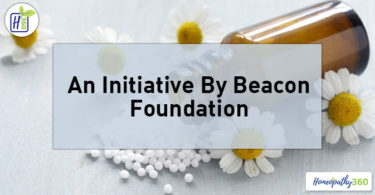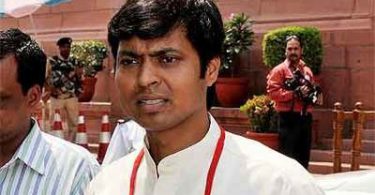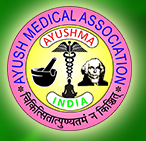Just One Drop tells a no-holds-barred look at the most controversial form of medicine ever invented. Homeopathy treats the entire person, not just the disease. It’s a specific form of medicine that uses minute doses of a highly diluted substance that stimulates the body to cure itself. It is these tiny doses that causes the most controversy. Researchers believe there is a release of energy in water that becomes mysteriously dynamic. Others think it’s purely psychological or worse, a form of deception or quackery. Yet millions claim homeopathy cures even though there is not yet a satisfying scientific explanation. It remains a mystery.
THE HISTORY
Homeopathy was developed in Germany by Dr. Samuel Hahnemann. Hahnemann was a physician, a chemist, and a linguist who lived in the late 18th century. At that time, medical practice consisted primarily of removing fluids from the body, including bloodletting with leeches, and the use of mercury. Hahnemann felt these practices were causing more harm than good, so he gave up practicing medicine altogether. Instead, he turned to translation to make a living. In one of the works he was translating, he read that Peruvian bark, a source of quinine, was successful in treating malaria. He wondered what effect this bark would have on a healthy person so he tried it on himself. It had a malaria-like effect on him. This experience supplied a flash of insight to Hahnemann. He was eager to learn more about this phenomenon in hopes of finding a more gentle way to heal the sick. He continued to experiment with more substances: plants, animals, and minerals. Hahnemann then found that the more you dilute a remedy the more effective it becomes, often diluting to the point where there are no molecules of the original substance left.
THE CONTROVERSY
Since its inception, homeopathy has always had its antagonists. There are a lot of reasons for this. Because Hahnemann’s theories could not be explained by traditional methods, it was instinctively denounced as quackish and unscientific. The recovery of patients could always be ascribed to luck, to coincidence, or to the healing power of nature. Since Hahnemann made his own remedies, pharmacies were threatened. …Also, since most of the early homeopaths were physicians, the medical profession was losing people from its own ranks. All this created a lot of anger and resentment in the medical community back in the 1800’s which continues to this day.
Debunkers are convinced that homeopathy is placebo, and patients are being conned. They also feel homeopathy is dangerous because it keeps people from getting “real” medicinal treatment. We follow all sides of this heated controversy which continues to this day.
THE PROMISE
It is not hard to imagine why patients in the 1800s may have welcomed an alternative to blood-letting and leaches. But modern medicine has come a long way since then. The invention of antibiotics, development of insulin, and surgery, to name a few, surely has saved many lives, and we now have numerous medical interventions to help with a variety of medical problems. But with, or in spite of, these medical advances, we also have myriad chronic diseases for which modern medicine has few cures. These include heart and respiratory disease, arthritis, autism, fibromyalgia, allergies, and depression, as well as “super bugs” and other hard-to treat conditions. And let’s face it, we still don’t even have a cure for the common cold. On top of having few cures, modern medicine frequently causes more harm than good. Millions of people have adverse drug reactions to prescribed medicine; it is ranked as the third leading causes of death. In the US, health-care spending reached $1.6 trillion in 2003. Considering this enormous expenditure, we should have the best medicine in the world. But we don’t. Bottom line, people are suffering. The public is calling out for a reform in mainstream medicine.
Millions of people have adverse drug reactions to prescribed medicine; it is ranked as the third leading causes of death. In the US, health-care spending reached $1.6 trillion in 2003. Considering this enormous expenditure, we should have the best medicine in the world. But we don’t.
Bottom line, people are suffering. The public is calling out for a reform in mainstream medicine.
The movie was screened in Mumbai on April 9 and it ran full house in Slovakia.
Picture 1: Slovakia
Picture 2: Mumbai





